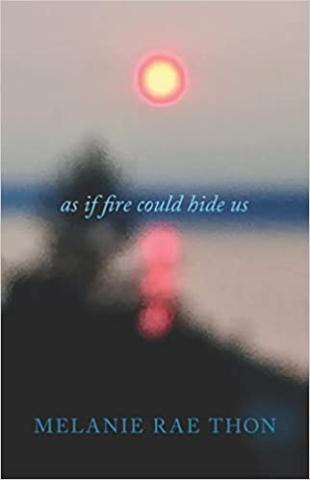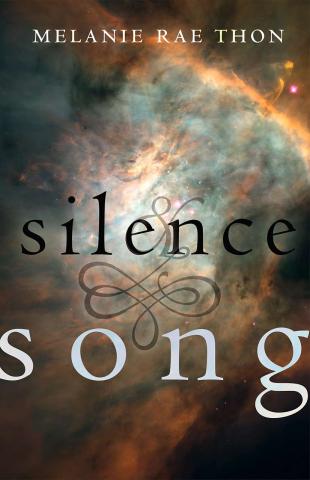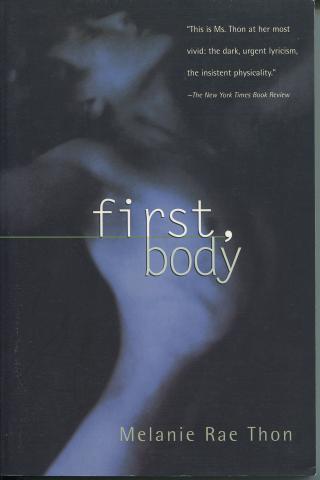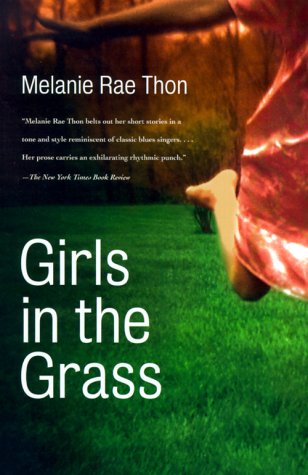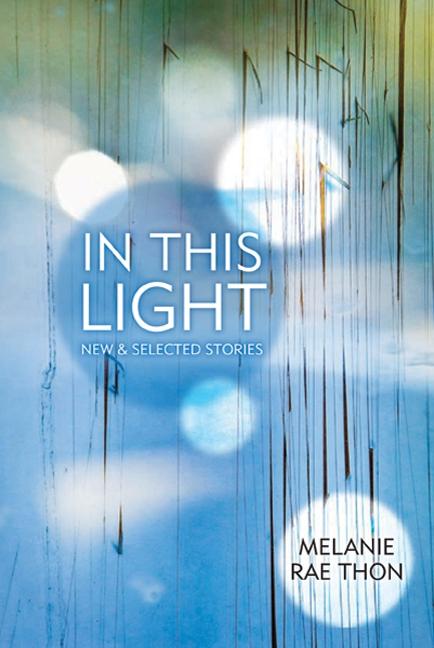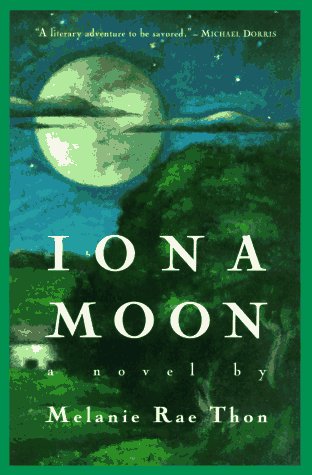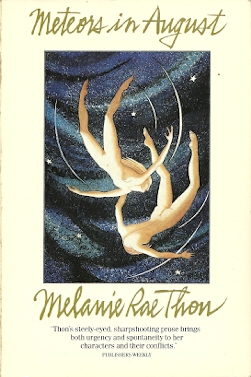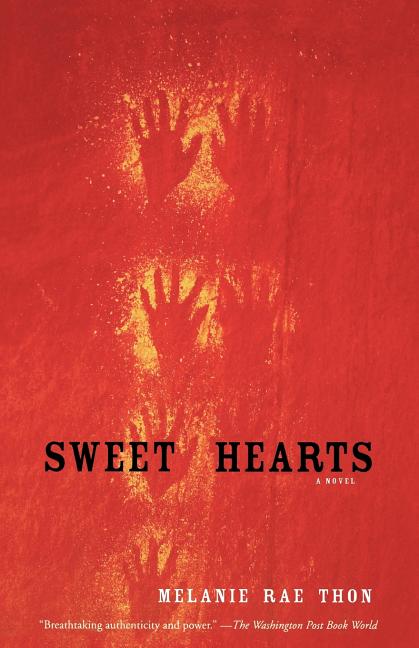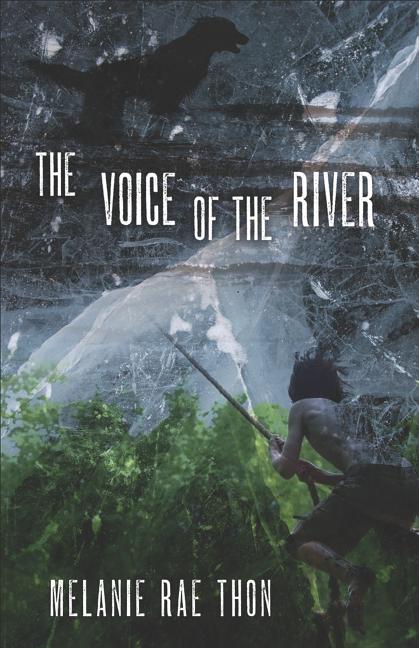Missing: seventeen-year-old Kai Dionne and his dog Talia. The search for these two spans a single day, morning twilight to late evening, from the time Kai leaps in a half-frozen river to save the dog to the hour he and Talia are recovered. Each person who comes to the river brings his or her secret needs and desires; each has known loss, and all are survivors: a homeless boy tries to find himself, his lost twin, his double; a childless mother grieves for her son and daughter; a man who shot his father recalls a tender, intimate night “when the father was kind, and not afraid, and not angry.” Kai and Talia belong to, and are loved by, a whole community. As strangers work together toward a single cause, they become family—bound by love not only to the ones lost, but to all who gather.
The perceiving consciousness is oceanic and atmospheric, embracing all living beings, swirling around a person, a bird, a bear, trillium blooming in dark woods, snow, stones, pines singing—moving closer and closer, loving, finally merging, sensing and knowing as one, before lightly whirling out again to embrace and love another. This powerful current of shared memory and experience, this ceaseless prayer, is a celebration of life, all life, mystery and miracle within an immense animate landscape, a song of praise, the voice of the river. Melanie Rae Thon opens a new genre: call it Eco Avant-Garde, a confession of faith, and a love song to the world.
